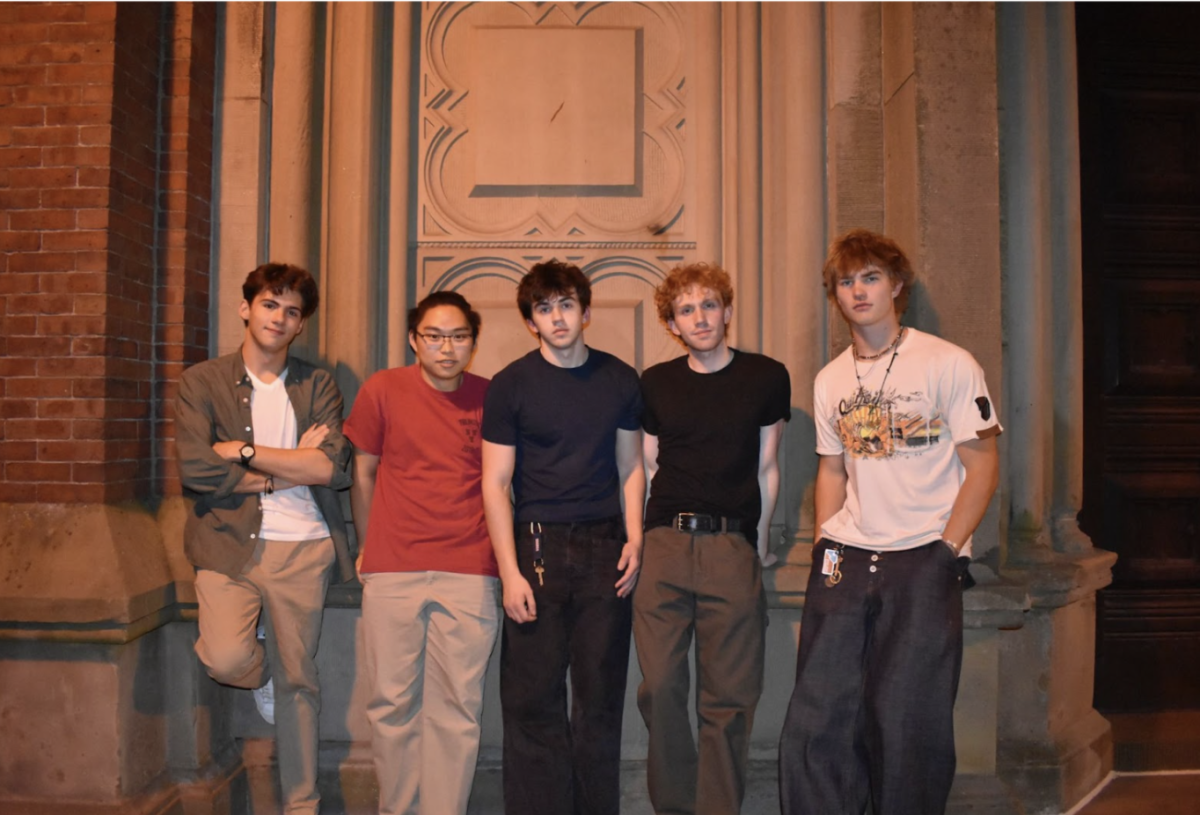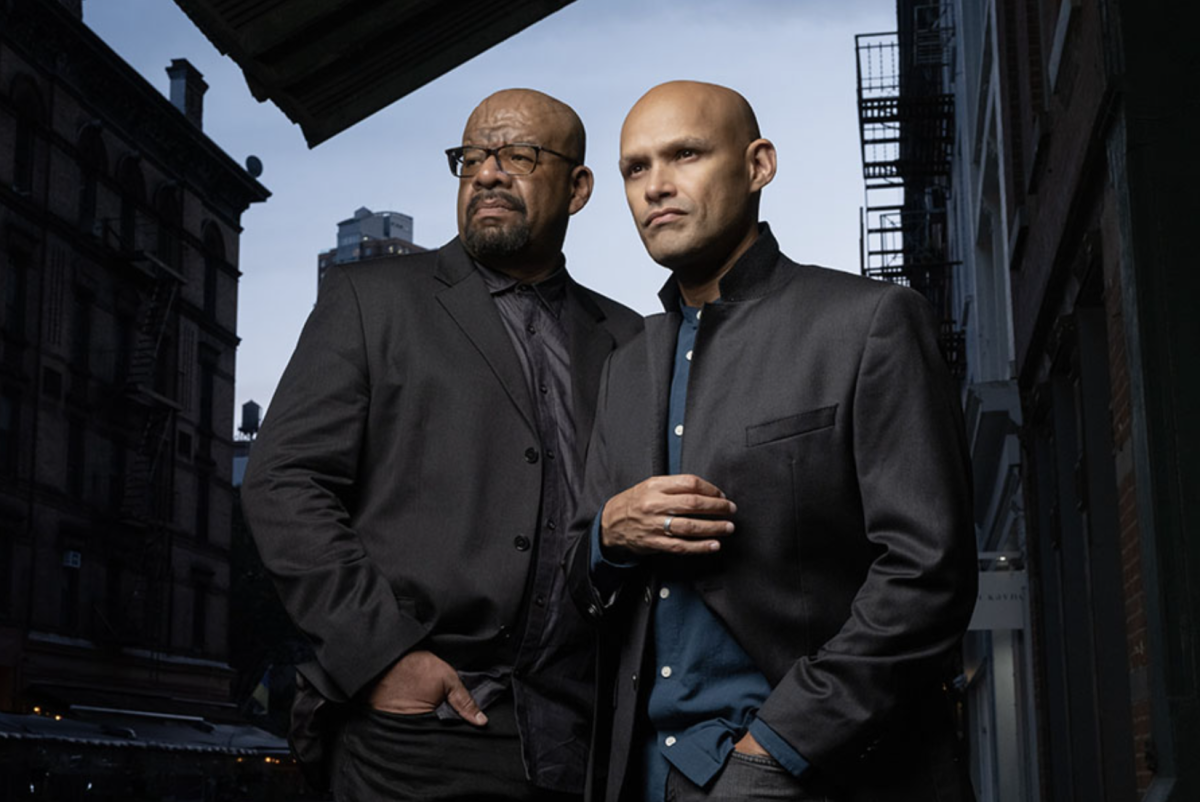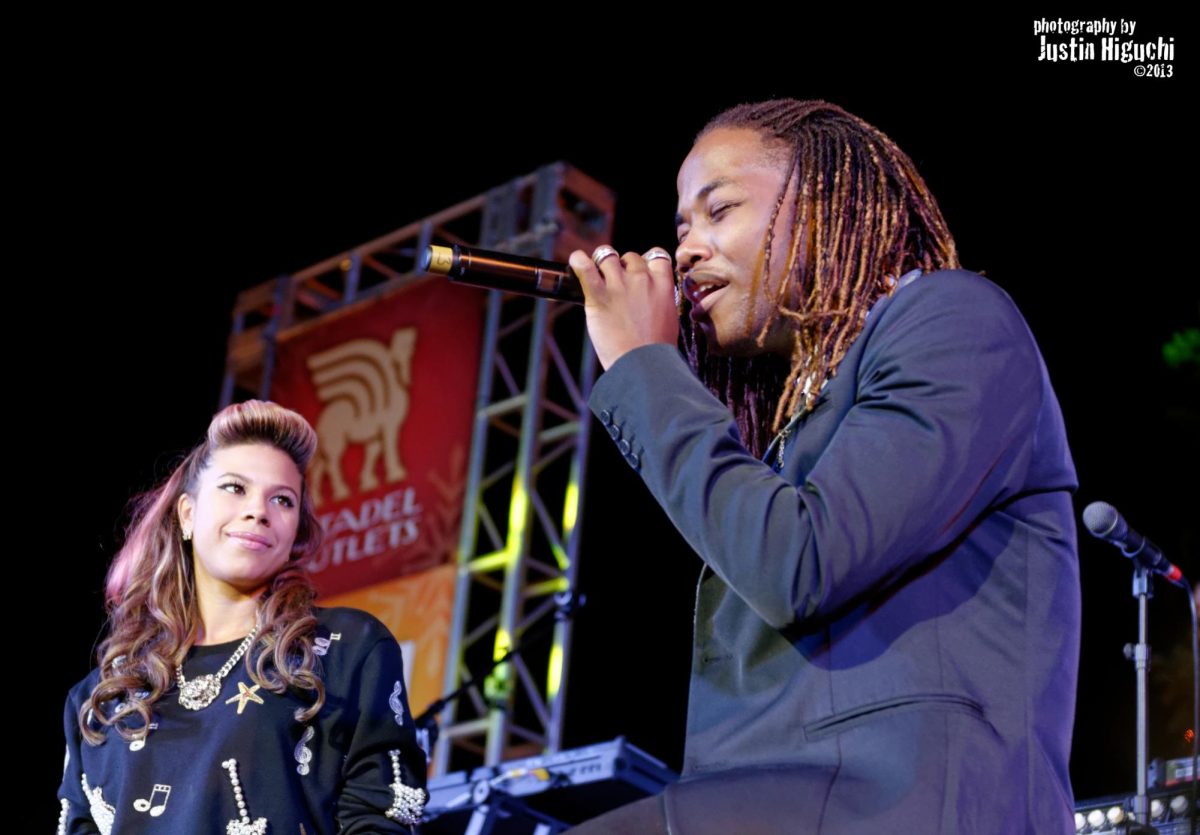This past summer was both dizzyingly full — with uprisings in the streets, a plague sweeping the world and the effects of climate catastrophe becoming more and more visible each day — and shockingly dull, as many of us spent interminable hours inside in our attempts to avoid infection.
So, when you are trapped inside as the world continues to collapse around you, what is there to do but rewatch “Avatar: the Last Airbender”? The mid-2010s Nickelodeon children’s TV epic made its second Netflix debut in July, and suddenly, it seemed like half the young adults in the world were watching the show. And they talked about it, furiously tweeting out which characters they thought were gay, or who they thought would have voted for Bernie or would have been taken in by QAnon.
“Avatar” tells the story of Aang, a 12-year-old monk with the unique ability to “bend” and manipulate all four elements — fire, earth, air and water. Only Aang, with his bending powers, can restore balance to the world, which has been overtaken by the genocidal Fire Nation. Though he is only 12, he gathers together a ragtag group of kids who go on to try and save the world. At the opening of the show, the condition of that world is pretty grim: the Air and Water Nations have experienced genocides, while the Earth Nation is being colonized by the Fire Nation, whose colonial officials mercilessly extract its resources. Between jokes and not-too-violent-for-Nickelodeon fight scenes, the show engages unusually serious political themes.
Over the 3-season arc of the show, the Fire Nation villain Prince Zuko realizes that he has been fighting his whole life on the side of the oppressors. He unlearns his father’s violence and plays a pivotal role in undoing the damage done by the Fire Nation’s imperialist policies.
A younger friend of mine — we will call him Kyle — turned 18 this year. He also became politically involved for the first time, subsuming himself in prison abolition work in our hometown. He read and protested until his voice gave out, and learned to bail his friends out of jail and wash mace out of his eyes. Kyle spent the summer re-evaluating the beliefs his white conservative parents taught him, and began to imagine a world in which his own political involvement could (and should) be a force towards freedom and equity.
At one point in July, he too, rewatched Avatar, and said, with a sort of dawning horror: “I’m thinking we might be the Fire Nation.” It felt like watching Zuko’s character arc in-person. In life as in the cartoon, I watched someone realize how their past beliefs had harmed others, and change accordingly.
Sometimes, it is easier to conceptualize the more terrifying parts of our current world through something as simple as a children’s television show. It is easier to answer Audre Lorde’s famous question: “What does it mean to be a citizen of a country on the wrong side of every liberation struggle on this earth?” when the fascist ethnostate in question is not the United States, but the very violent and very fictional Fire Nation.
“Avatar: the Last Airbender” is hardly a perfect or extensive political education. It is a show with a non-specified “pan-Asian” aesthetic, written by two white men, in which elements of Anglocentrism manage reliably to creep in, regardless of the fact that there are no white characters in the show.
But “Avatar” is a truly good TV show, and like all good entertainment, it adapts itself to different stages of our lives. The primary audience of Avatar in 2005 has grown up now. The eight-year-old American children who watched it when it was first released probably were not thinking about Audre Lorde and international liberation struggles. I know that when I would go to my friends’ houses in order to watch Avatar, I was not thinking about my role as a white U.S. citizen in worldwide systems of oppression. As Avatar re-emerged on Netflix this summer, though, many of us are looking at it with fresh eyes. Those of us in the US are most certainly living in the belly of the Fire Nation. But as we try to figure out how to construct a more equitable world, we could do worse than to have the Avatar on our side.






